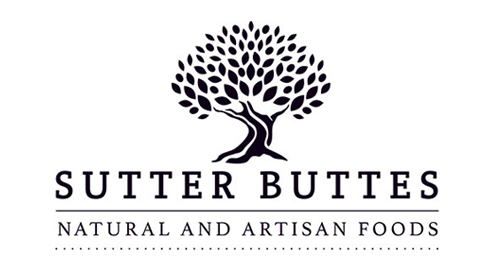Private labeling is the practice of producing a product from one manufacturer, and labeling it with another organization’s branding. It can be done across many industries and products, from food to cosmetics. Private labeling is becoming increasingly popular as businesses attempt to ramp-up their product offerings and provide additional value to their customers. This process is common for retail stores and boutique owners because it allows them to expand without the increased costs or hassle of producing the actual products in-house.
A few of the most compelling reasons to private label products are to:
- Earn high-profit margins
- Increase and capitalize on brand loyalty
- Surpass competitor product offerings
Earn High-Profit Margins
For a business who is considering offering an additional product, there is typically a large start-up cost to produce something entirely new. A specialty food store, for example, wants to offer a branded drink mix to their customers. If this food store was to produce the drink mix themselves, they would have to invest in ingredients, manufacturing equipment, bottling equipment, labeling equipment, and have laborers to run the process. Now, this simple drink mix idea has turned into quite a feat.
Conversely, this food store could contact a private labeler who has the necessary means to create the drink mix and put their label on it. Instead of making the massive investment to produce a new product that will cost them $13 to produce and will sell for $15, the small food store can earn much higher profit margins using a private labeler where the bottle will cost $9 to obtain and they can still sell it for $15.
Capitalize on Brand Loyalty
For a business whose goal is to become the leader in providing a certain type of product, private labeling can offer increased value to its existing customers by extending its product offerings for the same audience. Take a specialty yoga store, for example. The store provides beautiful yoga mats with intricate designs and has a strong following of yogis that love their mats. To capitalize on this brand loyalty, the yoga store can choose to white label branded water bottles to sell in conjunction with their yoga mats. To make this happen, the yoga store would only need to contact a private labeler of water bottles, provide their logo design, and voila! Now the yoga mat store will be able to gain additional revenue for selling their new water bottles at the same luxury price that their customers are expecting to pay when shopping at the store.
Buyers return to brands they love, and when those brands provide additional products, that same passion from the customer is carried to the new offering.
Surpass Competitor Product Offerings
Competition is a common challenge for retail businesses since stores that offer similar products are close in proximity and pricing has become increasingly transparent. How to differentiate a company’s products from its competitors is at the forefront of a business leader’s minds in order to keep market share and increase revenue. Expanding or diversifying a business’s product portfolio can help ease the issue. However, investing in a new product line and R&D can be daunting when a quick, cost-effective solution is needed. Private labeling can be a solution.
For example, consider two golf club stores: Dailey Golf and Golf Pro. Both stores are close in proximity, offer custom clubs that are well-liked by their customers, and sell at a similar price point. To take a competitive lead, Dailey Golf just started private labeling golf balls and scorecards to sell with their clubs. The average customer who didn’t care before which store they shopped at, will now likely go to Dailey Golf instead of Golf Pro because of the additional product offerings.


Leave a Reply